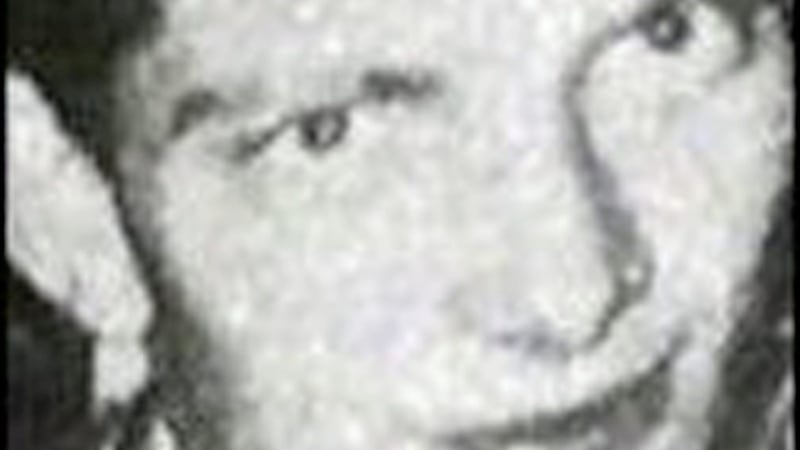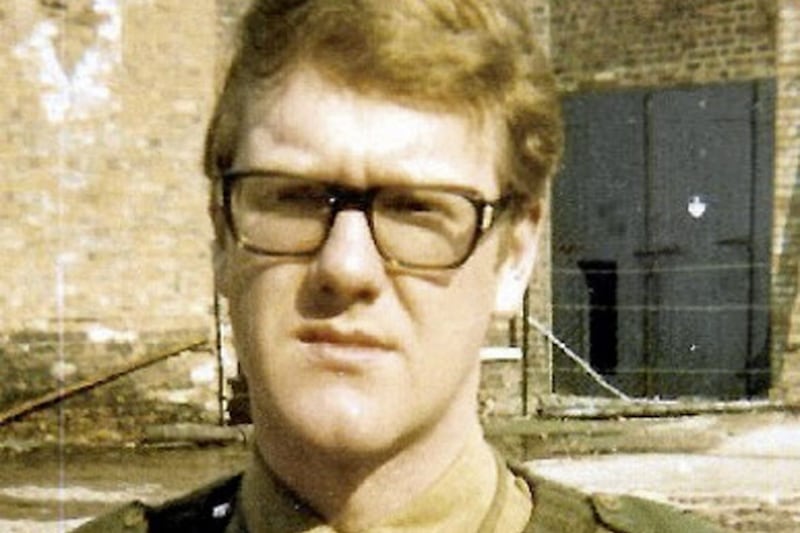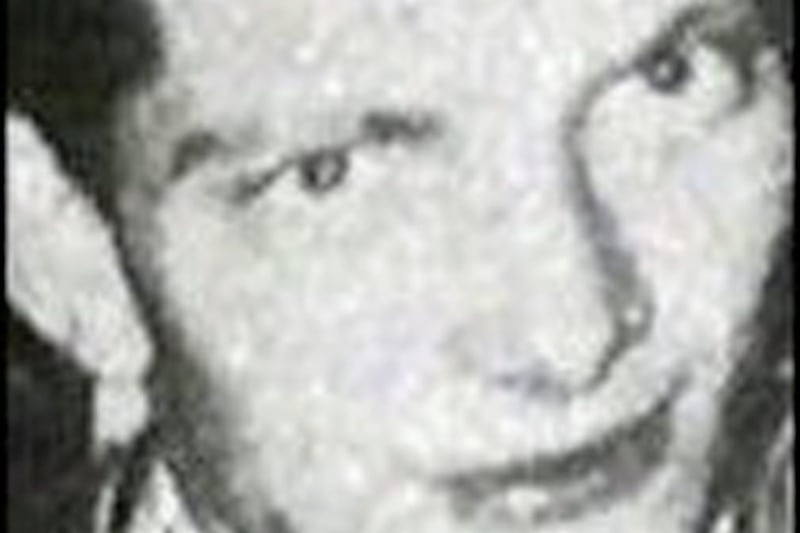A former squaddie who tried to save the life of the first serving British soldier shot dead during the Troubles has told of how his warnings to colleagues were ignored.
Norman Basson later tended to injured Gunner Robert Curtis (20) who died in his arms after being shot by republicans on February 6, 1971 - 50 years-ago today.
Earlier the retired businessman had warned unarmed colleagues they could be walking into an ambush.
The 20-year-old was the first British soldier killed by the Provisional IRA during the Troubles and the first officially recognised military fatality. In August 1969, a Belfast born Belfast soldier home on leave, Hugh McCabe, was shot dead by the RUC.
The fatal shots which killed Robert Curtis are said to have been fired by north Belfast man Billy Reid, who himself was killed during a gun battle with British soldiers in May 1971.
The killing of Gunner Curtis, who was in the Royal Artillary Regiment, took place as the north spiralled into full conflict 50 years ago and marked a significant milestone in the emergence of the Provisionals as a fighting force.
The day after Mr Curtis was shot, Stromont Prime Minister James Chichester Clarke announced that "Northern Ireland is at war with the Irish Republican Army Provisionals".
Gunner Curtis, who was from Newcastle upon Tyne, was killed near the junction of New Lodge Road and Lepper Street.
A short time before his death his wife wrote to him to tell him she was pregnant.
A baby girl was later named Jasmine Roberta Curtis and years later she wore his wedding ring when she got married.
The soldier's death was one of three which took place on the same night as tensions across Belfast exploded in a series of armed attacks and street confrontations.
The other fatalities included IRA man James Saunders (21), who was shot dead by British soldiers in the Oldpark area of north Belfast and Catholic civilian Barney Watt (28), who was also targeted by British soldiers in the Ardoyne area.
Another soldier from the Artillary regiment, John Lawrie, died a week later in hospital after being injured during an attack on troops, also in Ardoyne.
Wiltshire based Norman Basson, who was a 26-year-old in 1971, was attached to the Queen’s Regiment as an Army Physical Training Corps Instructor (APTCI) and based in Ballykinler in Co Down.
Due to the rising tensions he was attached o the Reconnaissance Platoon, which was patrolling the New Lodge area on the night of the attack
He explained that as the his patrol made its way though the area there was a burst of automatic gunfire, which forced the soldiers to drop to the ground.
"We lay there in silence, aware that the firing must have taken place along an adjacent street to our own," he said.
"We all agreed that it sounded like the deep slow gunfire of the notorious Thompson Sub-Machine Gun, otherwise known as the Tommy-Gun."
He said that as his patrol prepared to leave the area other troops arrived in trucks and dismounted.
Mr Basson was then ordered to warn the soldiers about the gunfire but reveals that his ominous warnings were completely ignored by the first ranking officer he found.
"Forgoing polite conversation, I immediately warned him about the gun fire that we had heard and simply advised him not to venture up the road that he appeared to be lining up his men towards," he recounts.
"His response was 'It doesn’t matter; we have had our orders'".
He said that the unarmed troops were then ordered "into box formation, carrying short riot-shields and batons only and proceed to march them along this pitch-black street, banging their shields with their batons in unison".
"I felt quite sure that there would be gunfire somewhere along that street at any moment, and indeed there was." he said.
"In less than a minute I could hear the muffled sound of gunfire over the thumping of the riot-shields and sure enough, the whole squad of soldiers came running back in total disarray, dragging, and carrying several of their comrades with them who had obviously been shot."
As part of his APTCI role Mr Basson carried an emergency first aid kit and immediately set about helping the injured Gunner Curtis who had been carried back to safety by his colleagues.
"I picked out one soldier being carried by four others," he said.
"I shouted for them to bring him to me for help, and as I crouched down, they laid him against me with his head on my chest.
"He was in an awful way, his blood streaming from an obvious chest wound onto my flack-jacket.
"I tried to plug the wound, but it was extremely difficult in the circumstances.
"I searched for his pulse but felt nothing.
"I said that there was nothing more that I could do for him, so we laid him down to wait for an ambulance."
Mr Basson said that when he returned to his own unit and explained to his own commanding officer what had happened.
He said that he was never officially asked by his superiors what had taken place.
"When we returned to our location, I expected to be called into headquarters the following morning to account for the episode," he said.
"However, nothing of the sort ever transpired."
During his time here he was involved in several engagements with republicans and was standing next to another soldier when he was shot dead by republicans in Derry in the summer of 1972.
After leaving the military Mr Basson became a successful businessman and sold his fitness and instructor business in 2014 for £32m.
He now lives in Wiltshire and looks back on the events of 50 years ago with sadness and anger.
" Not only for Robert but his family given the circumstances in terms of how avoidable the event could have been but also anger and frustration that my warning was not taken advantage of."
Mr Basson described hopes for better days ahead.
"I have never felt comfortable with the divide , I think the Irish people are a wonderful people," he said.
"I have a great many friends in both communities and I wish it was one happy island."
The former soldier believes the British must take responsibility for successive conflicts in Ireland.
"The Irish are a fantastic people, musically, artistically, socially and historically and it's just tragic there has been the Troubles over the years," he said.
"I also personally feel mortified at the way the British government treated the south pre first world war and some years after that, which I believe triggered much of the resentment and trouble we have seen since."




